A motherboard’s performance is determined by a number of factors, including its chipset, the number and type of expansion slots, onboard features, and overall design and quality.
The AMD B550 and X570 chipsets are both designed to support the latest AMD Ryzen processors while also providing a variety of features and capabilities.
Due to its support for the latest PCIe 4.0 interface and higher-end features such as advanced overclocking options and high-speed network controllers, the X570 chipset is generally considered to offer better performance than the B550 chipset. In addition, the X570 chipset is typically more expensive than the B550 chipset.
The B550 chipset, on the other hand, is more affordable and offers a good balance of features and performance for most users. The B 550 chipset supports the most recent AMD Ryzen processors and offers solid performance and features, such as PCI Express 3.0 and high-speed USB 3.2 support.
We will compare every spec variant of the B550 chipset against its X570 counterpart and reveal some of the behind-the-scenes magic that makes AMD’s latest chipsets tick.
Regarding the B550 vs. X570 debate, there’s no doubt that some of you have questions. That’s why we’re here to lay out all the facts in what is sure to be a no-muss, no-fuss look at AMD’s new midrange offering for X570 motherboards.
In this article, we will discuss:
- What’s the difference between B550 and X570?
- Will the Next-Gen Ryzen be AM5?
- Will there be a new motherboard for Zen 3?
- Will X570 motherboards support Ryzen 5000
Let us get started!
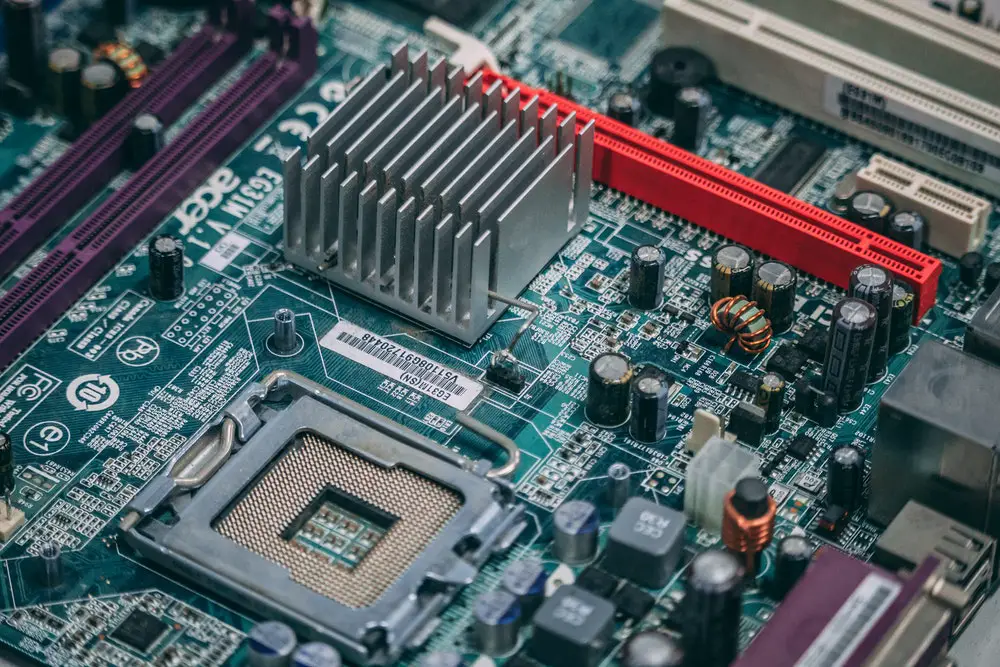
B550 And X570 Motherboards Compared
The B550 and X570 series is based on Intel’s 14nm++ process, which means they are the same chipset but have different models based on the number of memory channels and PCIe lanes they offer.
While the B550 and X570 both feature similar CPU support, the B550 is not fully compatible with AMD Ryzen 3000 CPUs, but it can be overclocked to support Ryzen 9 3900 and Ryzen 7 3700x CPUs.
The B550 has PCIe 3.0 lanes for X570 graphics cards, and the X570 is PCIe 4.0 compatible, so if you are planning on upgrading your motherboard and graphics card, you will need to purchase a PCIe 4.0 x16 graphics card and motherboard that supports the newer generation chipset.
The X570 Chipset is fully compatible with AMD Ryzen 3000 Series CPUs, Ryzen 5 3500 Series, Ryzen 7 3700 Series, Ryzen 9 3900 Series, and Threadripper Series CPUs. The X570 Chipset also supports AMD Navi GPUs but is PCIe 3.0 based.
While both chipsets are aimed at high-end users, the X570 targets enthusiasts and overclockers while the B550 targets mainstream users and gamers. Let us take a look at the differences between the two.
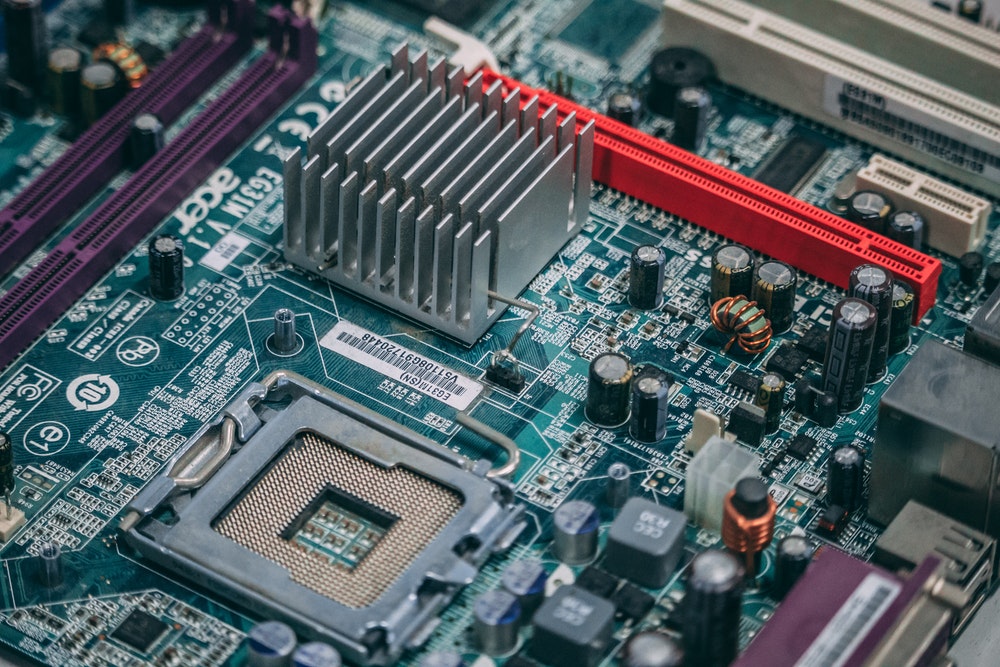
DDR4-3200 Support
As we mentioned above, the B550 and X570 chipsets support DDR4-3200 memory, which we will use for most of this guide. You may also have noticed that the B550 chipset supports a maximum of 64GB of DDR4 memory, while the X570 chipset supports 128GB of DDR4 memory.
This is because the B550 chipset is designed for entry-level and budget Ryzen 3000 builds, while the X570 chipset is designed for high-end Ryzen 3000 builds. This means that if you are looking to build a budget PC, the B550 chipset is the one for you, while if you are looking to build a high-end PC, the X570 chipset is the one for you.
You may also have noticed that some of the motherboard manufacturers have included a B550-compatible XMP profile for DDR4-3200 memory in their BIOS. While we generally recommend using XMP profiles, you may find that you have to manually enable it in your motherboard’s BIOS in order to get your DDR4-3200 memory to work properly. We’ll explain this more in the next section.
Related: Can Motherboard Turn On Without CPU
PCIe Gen3 Or Gen4 Chipset Support
The B550 and X570 chipsets also support PCIe Gen3 and Gen4, respectively. The PCIe Gen3 support is the main difference between the two chipsets, as it affects the compatibility of the motherboard you buy.
The B550 chipset supports up to 32 lanes of PCIe Gen3 connectivity, while the X570 chipset supports up to 44 lanes of PCIe Gen3 connectivity. Gen3 is the most common PCIe connectivity found on modern motherboards and is compatible with all the newest graphics cards.
Gen4 support is only found on high-end enthusiast motherboards, as it allows the motherboard to support up to four PCIe Gen4 x16 graphics cards. You’ll find that many high-end motherboards support up to six PCIe Gen4 graphics cards, although the motherboard manufacturer may restrict the number of PCIe lanes to only 44.
Using a PCIe graphics card with more than 16 lanes of PCIe connectivity will require a motherboard that supports at least 44 lanes of PCIe connectivity.
If you’re using a PCIe graphics card with only 16 lanes of PCIe connectivity, you’ll need to look for a motherboard that supports at least 32 lanes of PCIe connectivity. If you’re using a PCIe graphics card with only 8 lanes of PCIe connectivity, you’ll need to look for a motherboard that supports at least 24 lanes of PCIe connectivity.
If you’re looking to build a high-end PC, it’s recommended that you use a motherboard that supports at least 44 lanes of PCIe connectivity. If you’re looking to build a budget PC, the B550 chipset is an excellent choice.
You’ll also find that the more lanes of PCIe connectivity a motherboard supports, the better it will be at supporting PCIe graphics cards, as it will be able to connect more lanes to the graphics card.
Nvidia RTX 20 Series Graphics Cards
The B550 chipset has support for the RTX 2080 and RTX 2080 Ti while the X570 chipset has support for the RTX 2080 Super and RTX 2080 Ti.
Bluetooth 5.0
The B550 chipset has support for Bluetooth 5.0, while the X570 chipset has support for Bluetooth 5.1.
B550 Or X570 Motherboard Prices Comparison
X570 motherboards with similar price tags to B550 motherboards
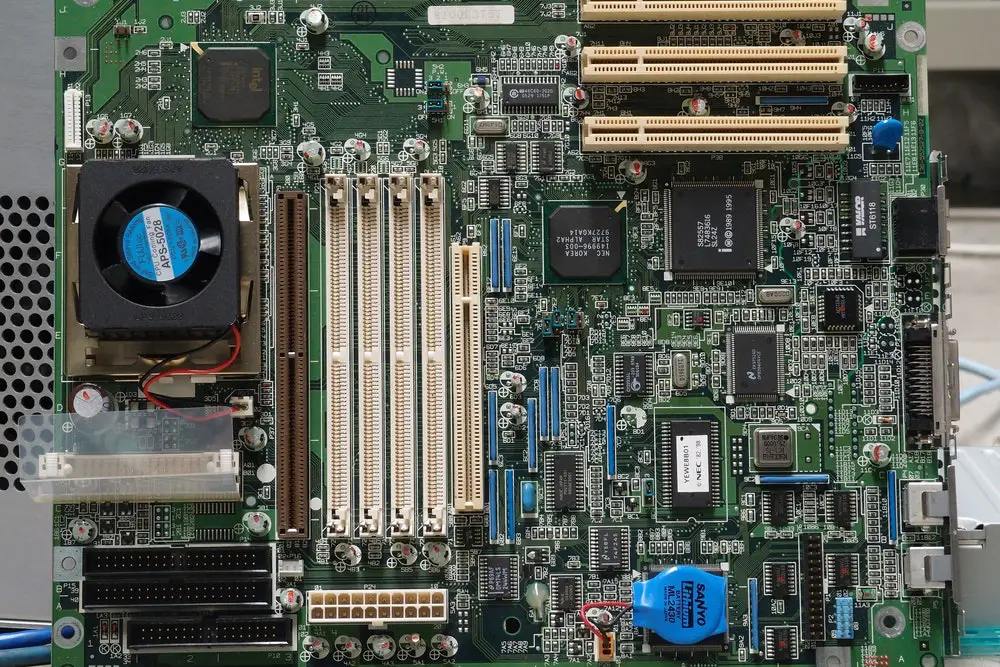
All of these B550 motherboards are cheaper than X570 motherboards and have specs that are similar, with one major exception. For example, the Asus B550-PLUS STRIX Gaming has a higher-end motherboard with a more advanced GPU that’s a very close match to the MSI X570 Gaming Plus.
Even though the Asus B550-PLUS STRIX Gaming has a higher-end CPU and GPU, its main advantage is that it comes with the latest BIOS, the latest chipset, the latest USB, Ethernet, and SATA, plus more PCIe slots than the Asus B550-PLUS X570-A Pro Gaming.
For a $100-200 price premium over the Asus B550-PLUS STRIX Gaming, you get the added convenience of overclocking, USB-C, and more PCIe slots.
In terms of overall value, the Asus B550-PLUS STRIX Gaming is slightly cheaper than the Asus B550-PLUS X570-A Pro Gaming, while the Asus B550-PLUS X570-A Pro Gaming is more expensive than the Asus B550-PLUS STRIX Gaming.
Note: The Asus B550-PLUS STRIX Gaming, and the Asus B550-PLUS X570-A Pro Gaming, do not include a Wi-Fi module, and the Asus B550-PLUS STRIX Gaming has a lower-end chipset than the Asus B550-PLUS X570-A Pro Gaming.
For the price of the Asus B550-PLUS X570-A Pro Gaming, you can also get a higher-end motherboard, such as the Asus ROG Strix X570-E Gaming or the Asus ROG Strix X570-A Pro Gaming, with comparable specs, or a budget motherboard like the Asus B550-PLUS STRIX Gaming.
If you’re looking for a premium motherboard with Wi-Fi, a Wi-Fi module, USB-C, a second M.2 port, and a higher-end chipset, the Asus B550-PLUS X570-A Pro Gaming is worth the extra $150 US over the Asus B550-PLUS STRIX Gaming.
X570 motherboards with more expensive prices than B550 motherboards
If you want a premium motherboard with Wi-Fi, USB-C, a second M.2 port, and a higher-end chipset, then the Asus ROG Strix X570-E Gaming is a better option than the Asus B550-PLUS STRIX Gaming, but for $150 more.
If you’re looking for a premium motherboard with Wi-Fi, USB-C, a second M.2 port, and a higher-end chipset, then the Asus ROG Strix X570-A Pro Gaming is a better option than the Asus B550-PLUS STRIX Gaming, but at a price of $150 more.
Related: Things You Need to Know About a Thunderbolt Header
X570 motherboards with the same price as B550 motherboards
These B550 motherboards are all cheaper than X570 motherboards and also feature comparable specifications, although there is one main exception. For example, the Asus B550-PLUS STRIX Gaming has a higher-end motherboard with a more advanced GPU that’s a very close match to the MSI X570 Gaming Plus.
Even though the Asus B550-PLUS STRIX Gaming has a higher-end CPU and GPU, its main advantage is that it comes with the latest BIOS, the latest chipset, the latest USB, Ethernet, and SATA, plus more PCIe slots than the Asus B550-PLUS X570-A Pro Gaming.
For a $100-200 price premium over the Asus B550-PLUS STRIX Gaming, you get the added convenience of overclocking, USB-C, and more PCIe slots.
X570 offers more PCIe lanes and memory channels
The X570 has 16 PCIe lanes versus 14 for the B550. If you buy a motherboard with two slots and 16 lanes, you can plug in two more graphics cards or add in a few more memory modules.
However, if you do not have the motherboard space to spare, you’ll need to prioritize what’s important to you. For example, a single graphics card can run at full speed with up to 16 lanes, but you will need to spend more on memory to get the same performance.
Another thing to consider is that some may need to use all 16 lanes if you have multiple graphics cards.
Will the Next-Gen Ryzen be AM5?
The new Ryzen chips will be the first to use the AM4 socket and have 12-16 Cores. This is great for the consumer as it means you can pick up a Ryzen 5 2600 or Ryzen 7 2700, and they will have the same thermal profile and PCIe interface.
But it also means that we could see the next-gen Ryzen 7 chips use the AM5 socket, which could change the socketing landscape forever.
Let us have a look at what could happen.
AMD is very good at being different, but sometimes they are too good at it. When they designed the AM4 socket, they gave themselves a lot of leeways. The implementation would be very different if they were to create a new socket.
But they did not. The Ryzen chips will be the first to use the AM4 socket. And there are a few reasons why this is a good thing.
Will There Be New Motherboards For Zen 3?
The original Zen 2 motherboard with the latest chipset has the new features but will there be new motherboards for Zen 3??
No idea.
If there will be a Zen 3, will it come with a new chipset? I do not think so, because there will be a lot of Zen 3 motherboards. If there will be Zen 3 with a new chipset, it would be a Z390, not a Z370.
As for Z370, we have to wait and see.
Zen 2 and Zen 3 are from the same company and Zen 3 should be based on the new Intel chipset.
Will X570 motherboards support Ryzen 5000?
We have already heard that AMD Ryzen 5000 CPUs will be supported on X570 motherboards from major manufacturers like Asus, Gigabyte, and MSI.
With X570 support, the new Ryzen processors will be the first to support PCIe 4.0, a big leap from the PCIe 3.0 standard. Now, we have more details about the X570 chipset and the possible motherboard support for Ryzen 5000.
Conclusion
If you are deciding between AMD’s two most current chipsets, X570 and B550, for your next build or upgrade, it can be difficult to decide which one to choose. However, by looking at the differences in the main specifications of both chipsets, you can easily tell the difference between X570 and B550.
Based on the information provided we can conclude that between B550 vs X570, the main difference between both chipsets is that the X570 chipset supports PCIe 4.0 standard which allows higher bandwidth, faster performance, and greater stability during overclocking of PCIe devices.
Although both chipsets support AMD’s 2nd generation Ryzen 5000 CPUs the difference lies in the performance and speed. The transfer rate on X570 is 2 times faster than on B550.

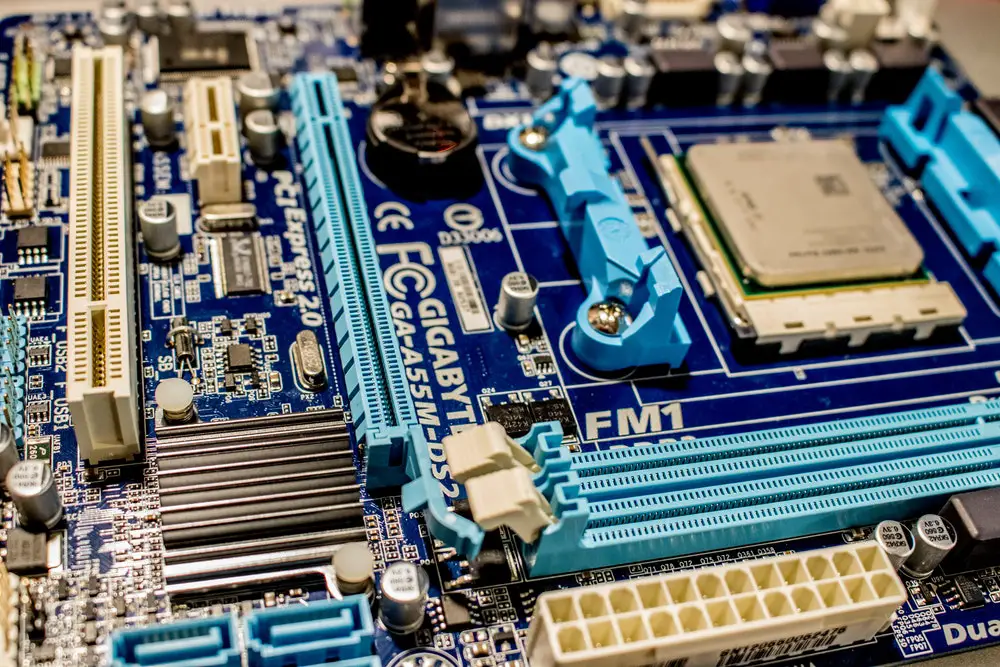
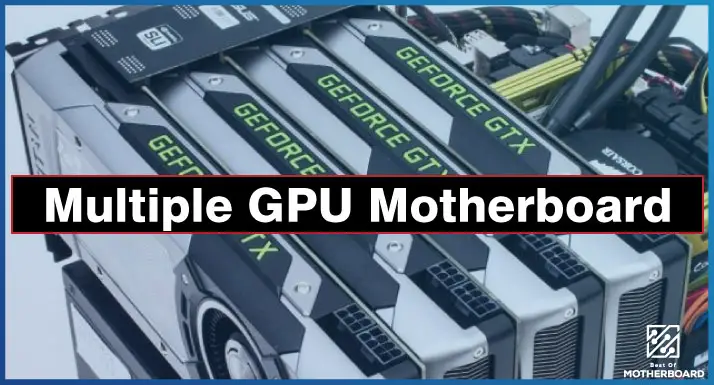
![What Are Motherboard Standoffs? [Guide] 10 What Are Motherboard Standoffs](https://bestofmotherboard.com/wp-content/uploads/2022/01/What-Are-Motherboard-Standoffs.jpg)
![Does it Matter Which PCIe x16 slot I Use? [Guide] 11 Does it Matter Which PCIe x16 slot I Use](https://bestofmotherboard.com/wp-content/uploads/2022/01/Does-it-Matter-Which-PCIe-x16-slot-I-Use.jpg)